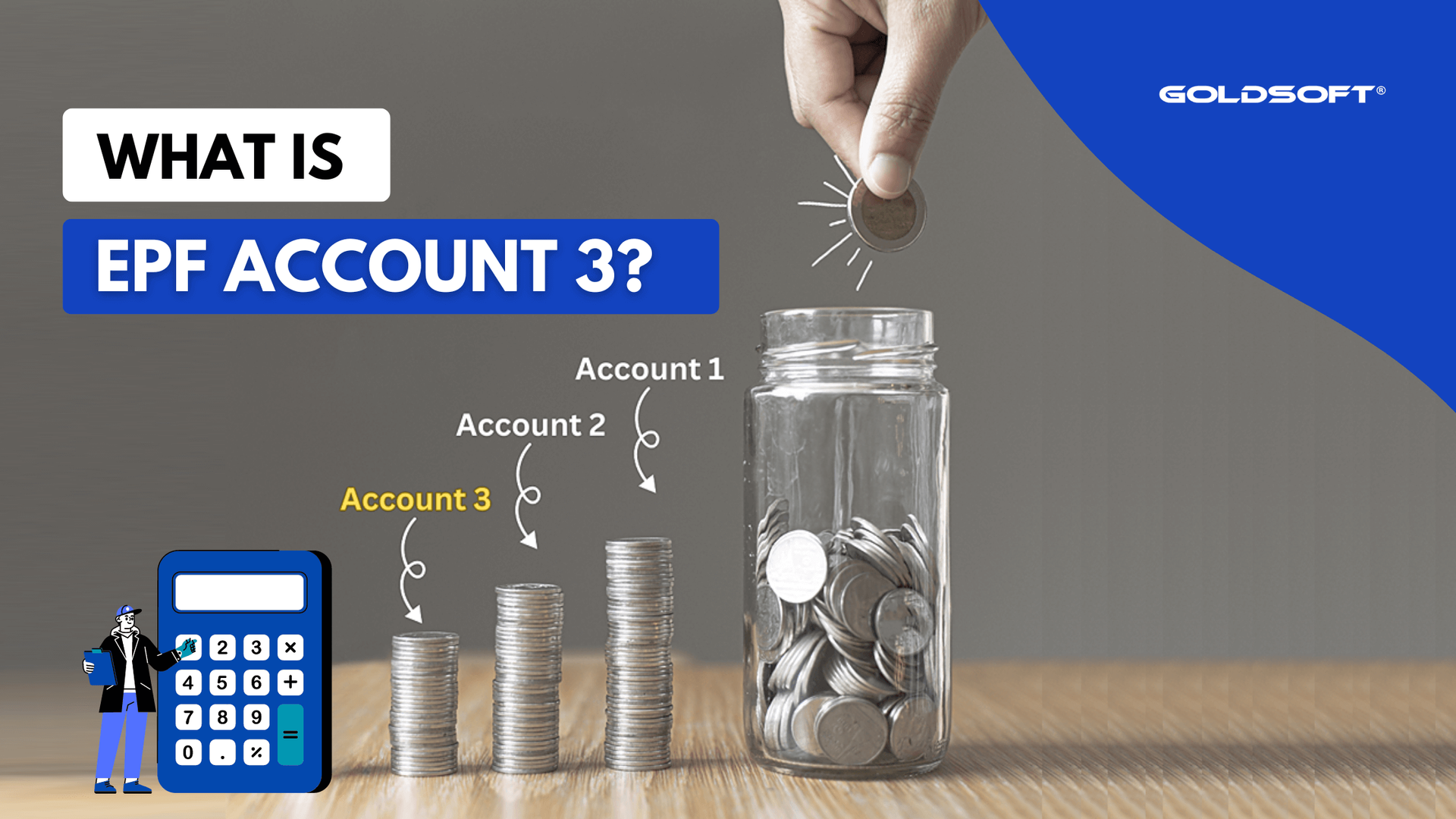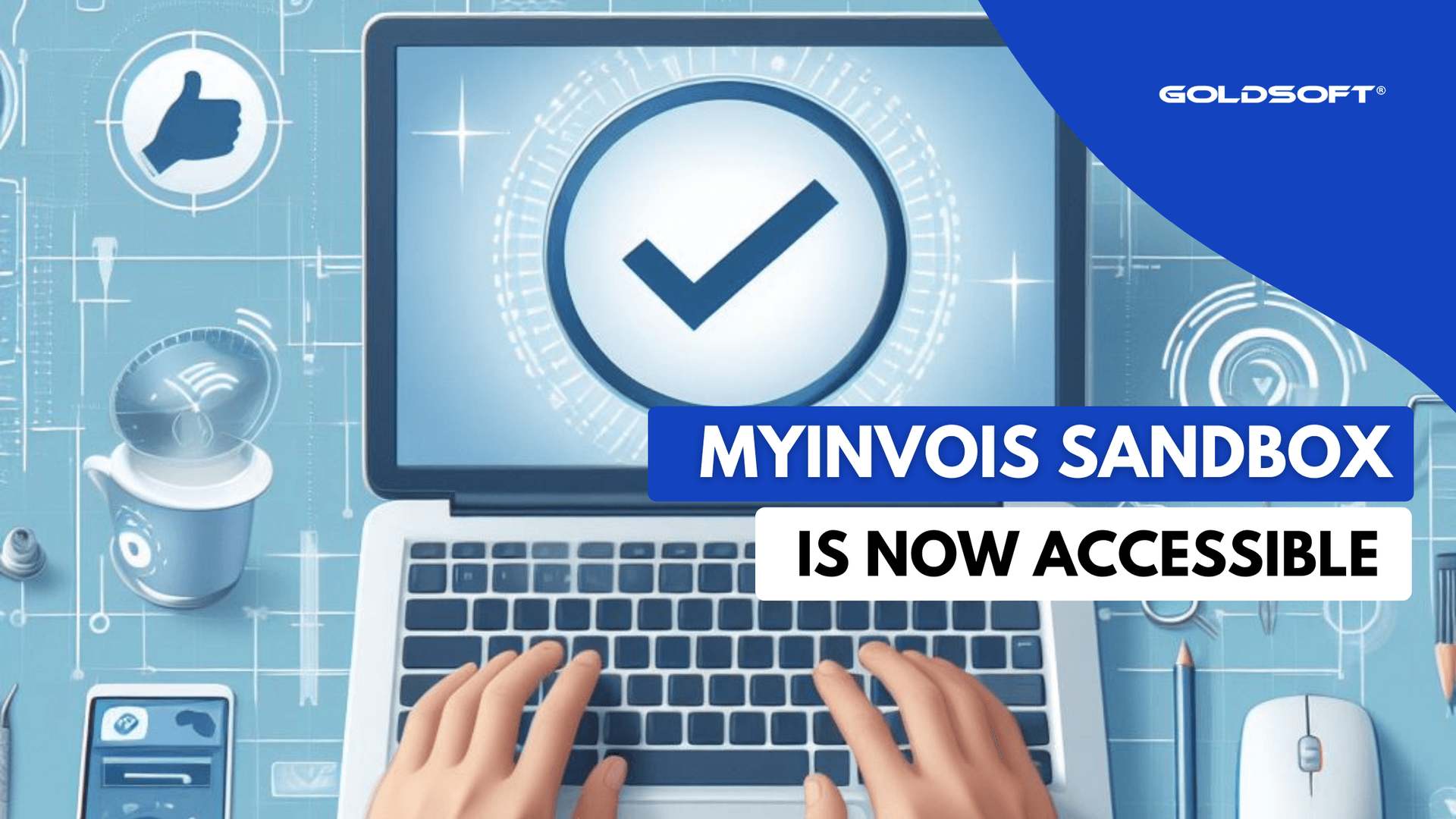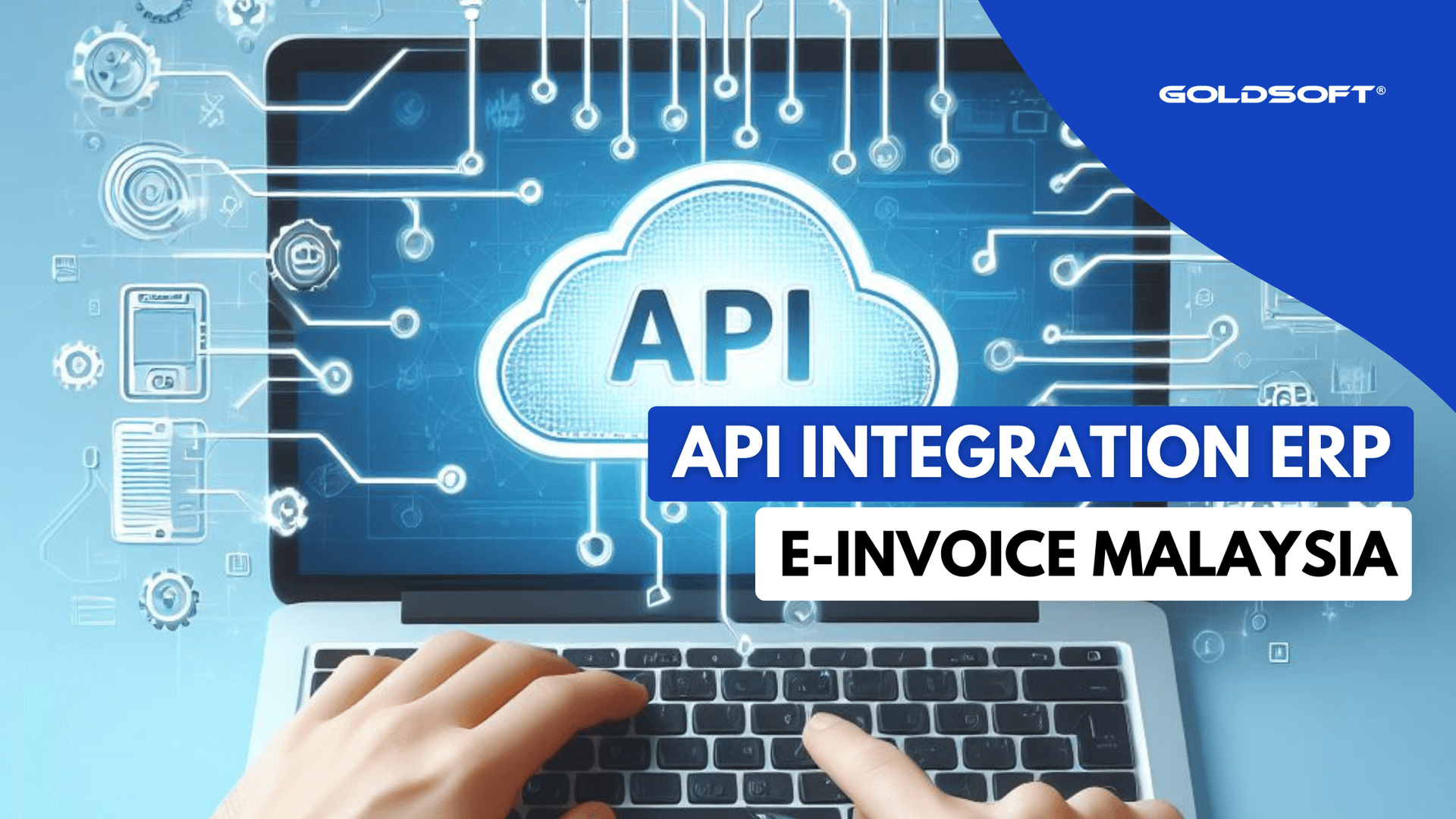5 Factors To Consider When Choosing An ERP System
The ultimate ERP decision-making guide: 5 crucial factors you cannot afford to overlook
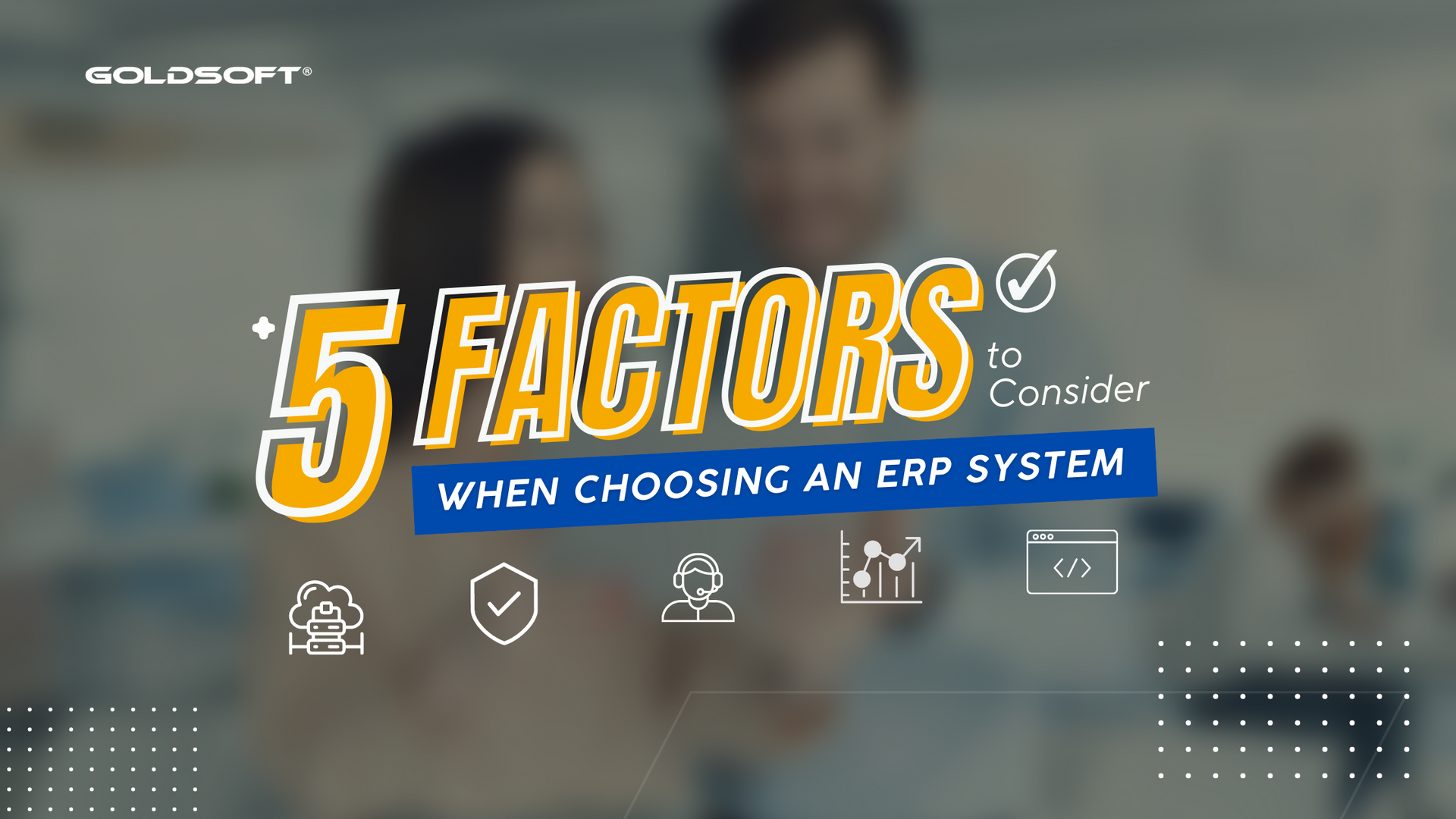
Choosing an ERP (Enterprise Resource Planning) system is an important decision for any business, and there are several things to consider to ensure you select the right system for your needs. In this blog post, we'll explore the top 5 factors to consider when choosing an ERP system.
- Business Requirements
- Scalability
- Security
- Costs
- Vendor Credibility

1. Your Business Requirements
Defining your business requirements is a critical first step when selecting an ERP system. It sets the foundation for the entire selection and implementation process. Here are some examples of identifying the processes or some specific needs that you want the system to solve your business pains:
- Inventory Operations - Look for a system that can track inventory levels across all outlets, automate billings, and provide real-time inventory reporting.
- Sales Operations - Look for a point-of-sale system that updates inventory levels in real-time to track stock levels, reorder products when needed, and avoid stock-outs or overstocking.
- Employee Management - Find a system that provides tools for employee KPI tracking, evaluation, and performance tracking to improve productivity and performance.
- Financial Operations - Look for a system that automates financial transactions such as invoicing, payment processing, and accounting and provides real-time financial reporting and analysis.
- Reporting and Analytics - Find a system that provides real-time sales data and reports such as daily, weekly, or monthly sales, top-selling items, average order value, and customer insights to help identify trends, optimize sales strategies, and improve overall performance.
Remember to share to your shortlisted ERP vendor that which are the must-have features and functionality you need.

2. Scalability
Scalability is an essential factor to consider when selecting an ERP system. To ensure that the system can accommodate your business's growth over time, you should assess whether it can support multiple locations, handle increased data volume without performance issues, and add new users as your business expands. Some questions to ask when evaluating ERP system scalability:
- How well does the system handle increasing levels of data and transactions?
- How easy is it to add new features or functionality to the system as the business evolves and expands?
- How well does the system support multi-location or multi-national operations, and what are the implications for scalability in these scenarios?
- How well does the system integrate with other applications and systems that are essential to the business? e.g. Lazada, Shopee marketplace or e-commerce website.
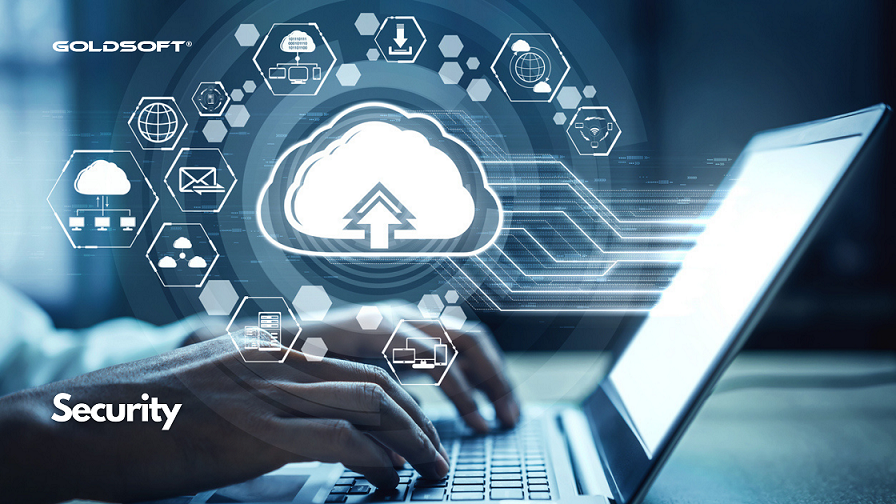
3. Security
Security breaches can lead to a loss of business, brand reputation damage, and other financial and operational risks. Here are some important security control the vendor should have:
- Data Protection - The ERP system you choose should have robust data protection measures in place to ensure the confidentiality, integrity, and availability of your data. This may include encryption, access controls, and regular backups.
- User Access Controls - The ERP system should have strong user access controls to ensure that users can only access the data and functionality they need to do their jobs. This may include role-based access controls.
- Audit Trails - The ERP system should provide audit trails that log all system activities, such as user logins, data changes, and system configuration changes. This will help you track any suspicious activity or potential security breaches.
- Vulnerability Management - The ERP system should have a process in place for identifying and addressing security vulnerabilities. This may include regular security assessments and software updates.
- Disaster Recovery - The ERP system should have a disaster recovery plan in place to ensure that your data can be recovered in the event of a security incident or system failure.

4. Costs
It's important to consider all of these cost factors when choosing an ERP system, as they can impact the overall cost of ownership and the return on investment (ROI) for your business.
- License Costs - ERP systems typically require a software license to operate, and the costs of these licenses can vary greatly depending the functionality included, and the number of users.
- Customization Costs - Depending on the specific needs of your business, you may need to customize the ERP system to meet your requirements. This may involve additional costs for custom programming, integrations, and modifications.
- Maintenance Costs - ERP systems require ongoing maintenance and support to ensure they continue to function effectively. This may include costs for software updates, technical support, and ongoing training.
- Integration Costs -
If you already have existing systems in place, such as accounting or inventory management software, you may need to integrate these with the ERP system. This may involve additional costs for custom programming and consulting services.
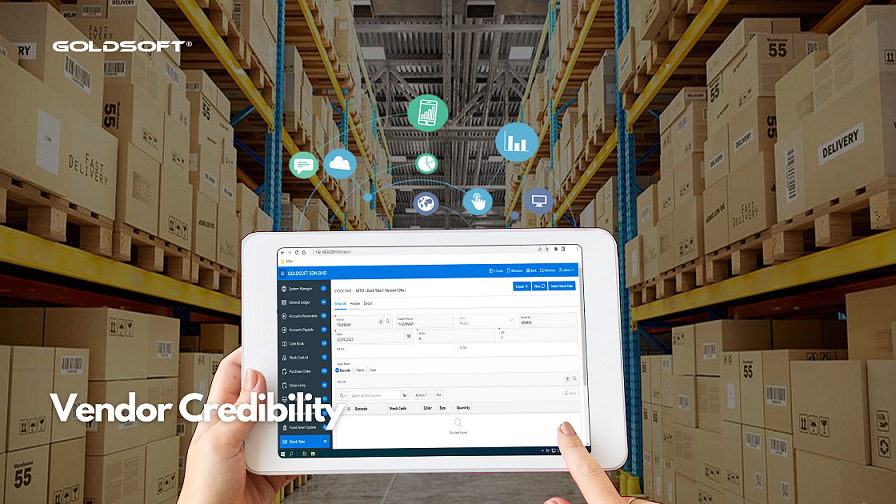
5. Vendor Credibility
Finally, vendor support is a critical factor to consider when choosing an ERP system. Here are some vendor selection factors to consider when choosing an ERP system:
- Experience - Consider the vendor's experience in the ERP market and years of experience in developing software solutions for your industry. Look for vendors with a proven track record of delivering ERP systems that are reliable, scalable, and customizable.
- Reputation - A vendor's reputation is crucial in the ERP market. Look for vendors with a good reputation for providing quality products, good services, and support.
- Financial Stability - It is important to choose a vendor who is financially stable and has a solid financial background. This ensures that they will be able to provide ongoing support and updates to the ERP system. Will the software vendor is financially stable and will be around 5 years from now?
In summary, choosing the right ERP system for your business can be a daunting task, but it's important to take the time to carefully evaluate your options before making a decision.
It's also important to involve key stakeholders in the selection process, such as department heads, IT staff, and end-users, to ensure that the system meets the needs of the entire organization. By taking a thoughtful and strategic approach to selecting an ERP system, you can help ensure that your investment pays off in the long run and helps your business achieve its goals.
Related Articles
HEADQUARTERS
Goldsoft Sdn. Bhd.
199701012508 (428004-P)
VO5-07-07 & 08, Signature Office,
Lingkaran SV, Sunway Velocity,
55100 Kuala Lumpur, Malaysia.
General Line: 03-2732 8833
Sales Line: 016-6611 086
Email: marketing@goldsoft.com.my
@ Copyright 2009-2023 Goldsoft Sdn. Bhd. I Company Registration 199701012508 (428004-P). All Rights Reserved.
Retail Inventory ERP System / Trading Distribution ERP System / Retail POS System / Consignment Inventory System / Warehouse System / e-Commerce
Image by Freepik

